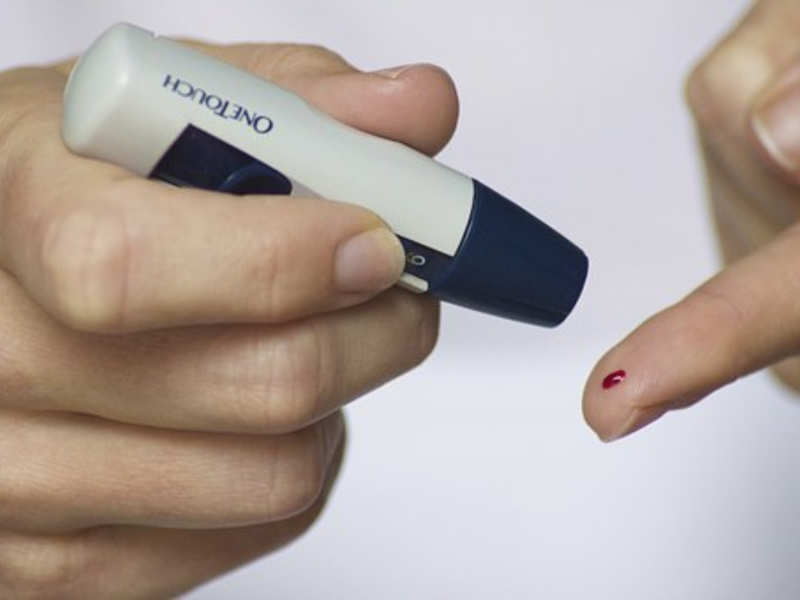For a person suffering from diabetes, simply taking medicines do not help to control the blood sugar level. They are required to bring some positive changes in their lifestyle for better results. Most of the people suffering from this disease often opt for allopathy medicines, but homeopathy can be quite beneficial in treating diabetes. Let’s have a look at how homeopathy can help to recover from this condition.
Homeopathy and diabetes:
Homeopathy is an alternative medical practice. The main objective of homeopathy, while treating a diabetic person is to treat the overall health of a person. This is because diabetes is not only restricted to the bloodstream but it also affects different parts of the body and organs as well. Common symptoms of a person suffering from the problem of diabetes are as follows:
-hunger
-fatigue
-excessive thirst
-excessive urination
-dry mouth
-skin sores
-blurry vision
Homeopathy basically uses natural substances to treat the symptoms of diabetes. It is based on the principle “like cures like.” So, homeopathy medicines are made from minerals, plants, or animals.
Delhi based Homeopath, Dr. Hitu Khera, clarified that Homeopathy does not cure diabetes, it can only help to control it.
“Diabetes is a metabolic and lifestyle disorder. Until and unless dietary intervention and exercise are included in one’s daily routine, no medicines can control this condition,” Dr. Khera explained.
She further added that to treat diabetes in homeopathy, constitutional medicines are provided after analyzing the symptoms of the entire body. “Constitutional medicines are given keeping in mind the overall health of a person. Once the overall health becomes better the insulin level remains in control.”
Some of the common remedies to treat homeopathy are as follows:
-Syzygium jambolanum or black plum: This is used in homeopathy to treat the problem of excessive thirst, weakness, skin ulcers, and excessive urination.
-Uranium nitricum : This is used to treat the problem of excessive urination and nausea.
-Conium (hemlock): This herbaceous flowering plant is used to treat numbness in the feet and hands.
-Calendula (marigold): It is an aromatic plant and its flower is used to make medicines. The supplements, made from this plant is used to treat infected ulcers.
How effective is homeopathy in treating diabetes:
Though homeopathy uses natural ingredients to treat any disease, but still little evidence is available that proves that it is beneficial in treating diabetes.
When Syzgium jambolanum was used on mice and rat, it did not show any benefit. Other homeopathic medicines to treat diabetes haven’t yet been tested on humans in clinical trials. A research conducted by the National Health and Medical Research Council in Australia in 2015, did not show any solid evidence to prove that homeopathy is effective in treating any health conditions.
Even, Dr. Khera made it clear that homeopathy can be a great complementary therapy in treating diabetes and works well on treating the side effects of diabetes. “Homeopathy is a great complementary therapy. It is quite effective on the side effects of diabetes like neuropathy, erectile dysfunction. It is not the main therapy.”
Talking about the side effects of the medicines when taken with allopathy, she said that as both the treatments work for different causes (allopathy to control diabetes and homeopathy to control the side effects), they do not have any counter effect.
The bottom line
As homeopathy medicines are mostly made from natural substances, the side effects are very rare. There is only a small risk of having an allergic reaction by using homeopathic medicines. Sometimes people stop their allopathy medicines to see if their homeopathy works or not, which can develop serious complications. So, if you want to try homeopathy, do not leave medications prescribed by your doctor.
Disclaimer
: The views and opinions expressed by the doctors are their independent professional judgment and we do not take any responsibility for the accuracy of their views. This should not be considered as a substitute for physician’s advice. Please consult your treating physician for more details.

